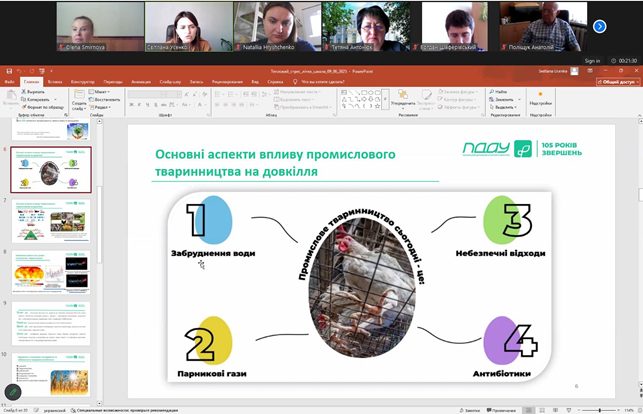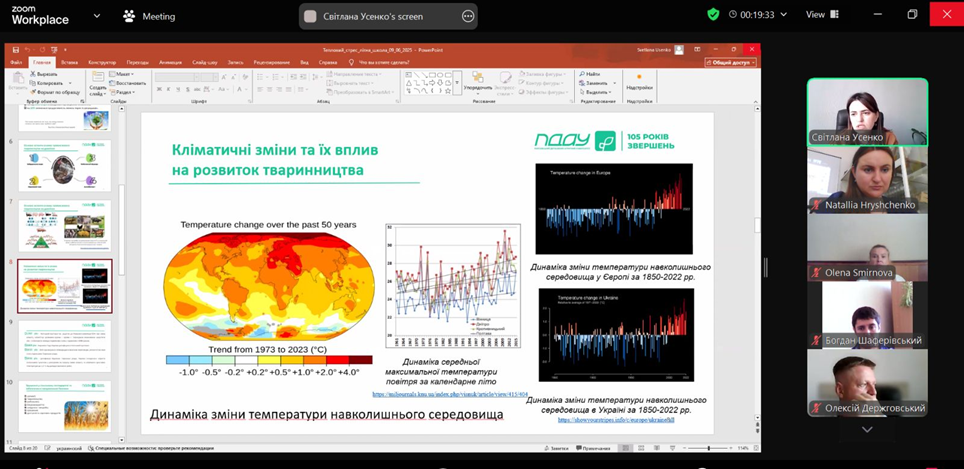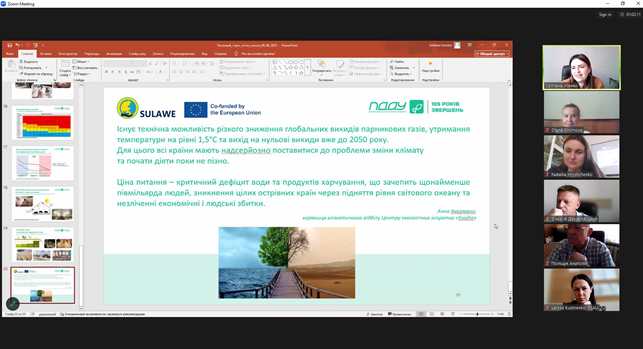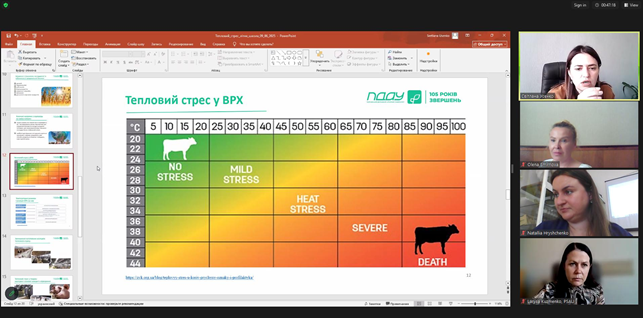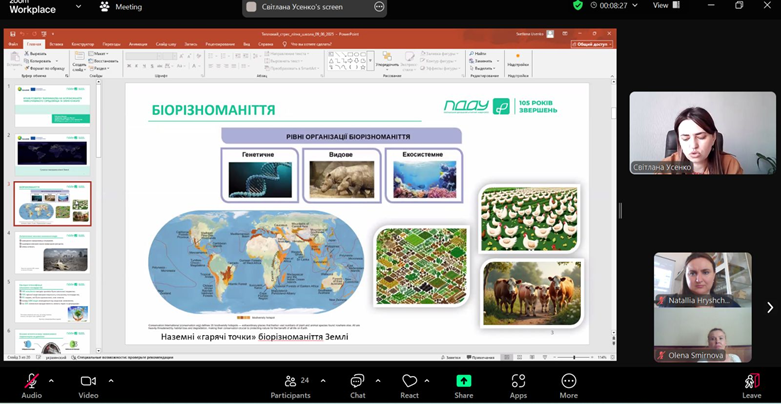Open lecture by Svitlana Usenko (PSAU) as part of the Erasmus+ International Summer School “Sustainable Animal Husbandry and Animal Welfare
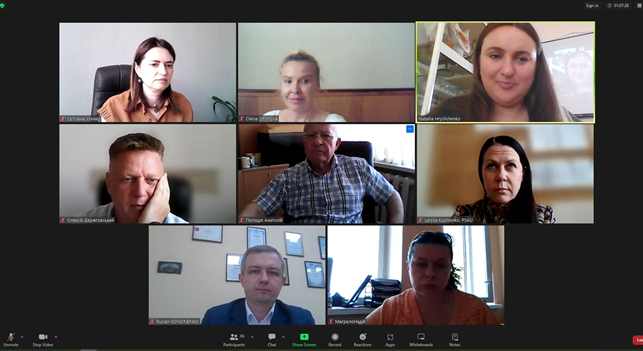
On June 10, 2025, as part of the implementation of the key objective—holding the International Summer School Erasmus+ “Sustainable Livestock Production and Animal Welfare”—under the international project of the Erasmus+ Program in the area of “Capacity Building in Higher Education” (E+CBHE), Project No. 101083023 — SULAWE — ERASMUS-EDU-2022-CBHE “Sustainable Livestock and Animal Welfare” (SuLAWe), an open lecture was delivered by Svitlana Usenko, Dean of the Faculty of Livestock and Food Technologies at Poltava State Agrarian University, Doctor of Agricultural Sciences, and Senior Research Fellow.
The lecture focused on “The Impact of Livestock Development on Biodiversity, the Environment, and Climate Change.” Attendees included participants of the International Summer School Erasmus+ as well as scientists from various higher education institutions in Ukraine.
The key topics covered in the lecture addressed the significance of biodiversity and its levels, including genetic, species, and ecosystem biodiversity as the foundation of ecosystem stability. The discussion also explored anthropogenic factors contributing to species extinction, highlighting the impact of human activity on habitat degradation. Particular attention was given to the consequences of intensification of agriculture, land use expansion, water resource consumption, and threats to biodiversity.
A major part of the discussion was dedicated to industrial livestock production and its environmental impact, including water pollution, greenhouse gas emissions, and the use of antibiotics. Emphasis was placed on the necessity of preserving genetic resources of farm animals as a crucial component of food security. The lecture also examined the effects of climate change on the agricultural sector, alongside international agreements such as the Kyoto Protocol and the Paris Agreement, which regulate environmental policies.
A separate section of the lecture analyzed the impact of climate change on animal welfare. It explored how temperature and humidity affect animal health and productivity. High temperatures contribute to heat stress, which can lead to dehydration, reduced appetite, metabolic disorders, and reproductive issues. Cattle and pigs are particularly vulnerable to temperature fluctuations. Under high humidity conditions, the situation worsens, as the combined effect of heat and moisture significantly increases risks to animal health.
Following the lecture, attendees posed a series of questions, to which the speaker provided well-grounded responses. Participants recognized the high professional level of the lecturer, the relevance of the topic, and the importance of the issues discussed for the future of the livestock sector.
The lecture marked a significant step in fostering environmental awareness and identifying pathways toward sustainable agricultural development.

